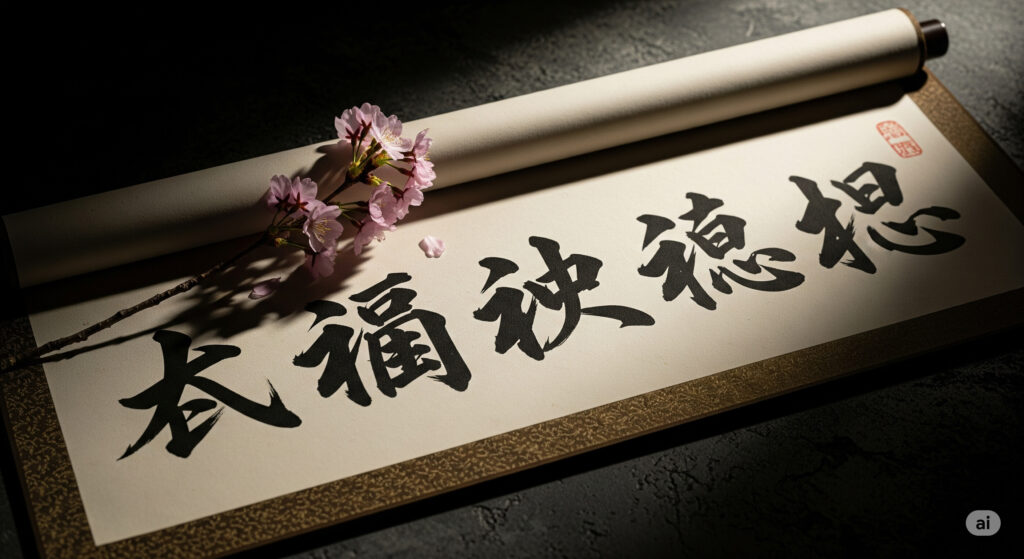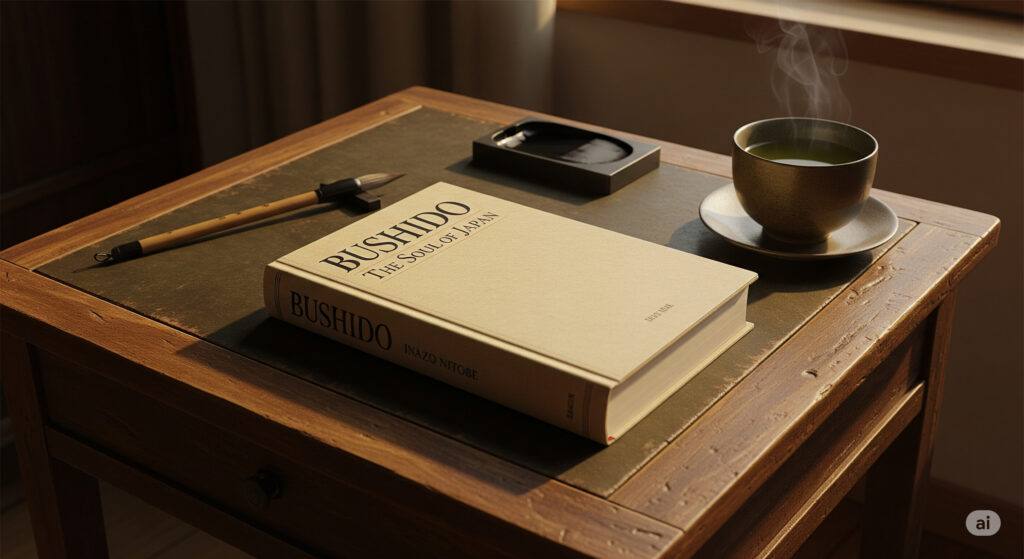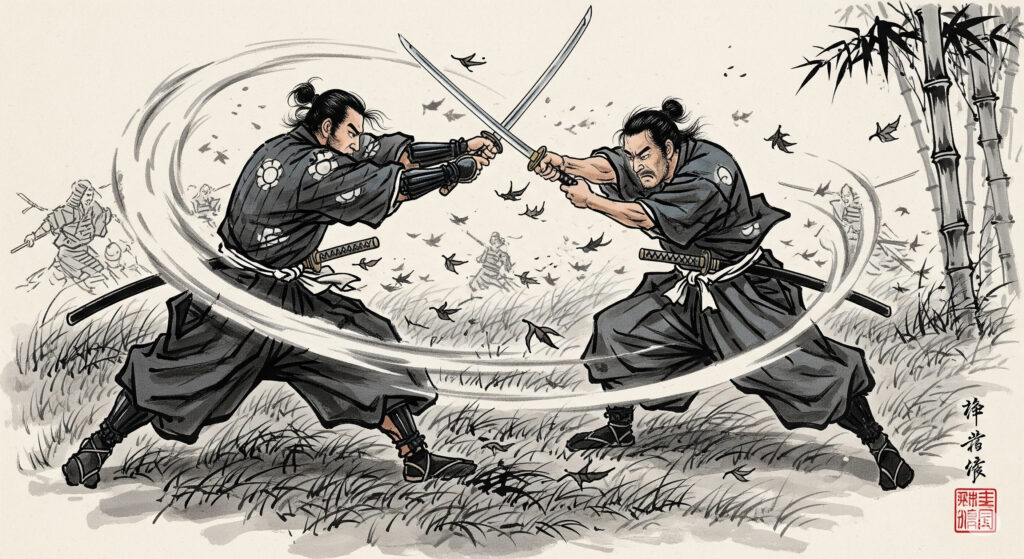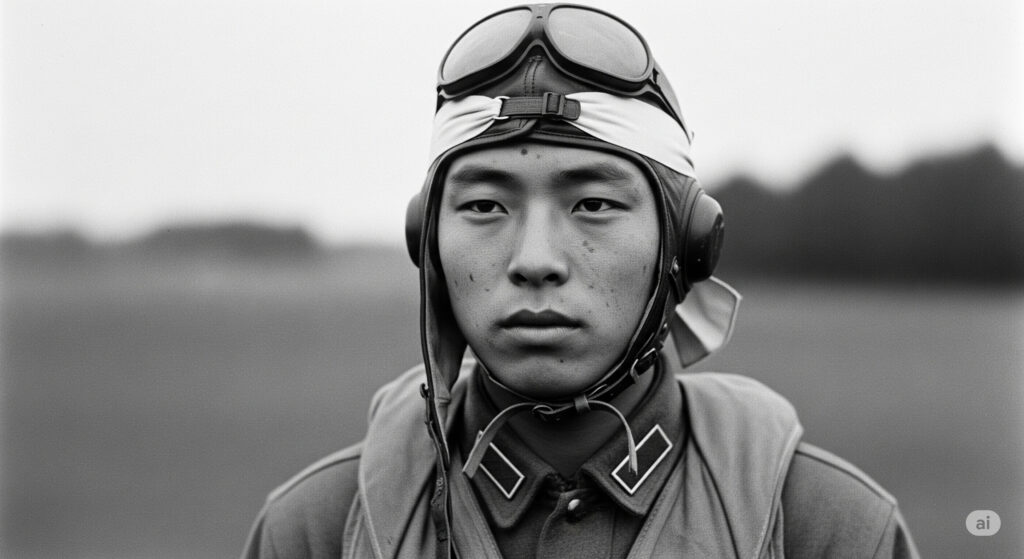Bushido, often translated as “the way of the warrior,” is the ancient moral code that guided Japan’s samurai. While rooted in feudal Japan, its influence can still be felt in modern Japanese culture—and even in unexpected places like World War II military ideology. In this article, we explore the origins of Bushido, its core principles, and how it continues to shape perceptions of Japanese honor and duty today.
What Is Bushido?

Bushido is the ancient code of conduct followed by the samurai, Japan’s warrior class. The word itself combines “bushi” (warrior) and “do” (way), meaning “the way of the warrior.” While often compared to European chivalry, Bushido is deeply rooted in Japanese philosophy and reflects a unique blend of moral discipline, martial virtue, and spiritual devotion.
Emerging during the feudal era of Japan (roughly from the 12th to the 19th century), Bushido developed through the influence of several belief systems, including Confucianism, Buddhism, and Shintoism. Confucianism provided ethical frameworks such as loyalty and filial piety, while Zen Buddhism emphasized mental discipline and facing death without fear. Shintoism added spiritual elements, such as reverence for ancestors and nature.
Bushido was not codified in a single written text during its early existence. Instead, it evolved as a set of unwritten principles that guided the behavior and decisions of the samurai. Over time, these values became central not just to the military elite but to Japanese culture as a whole.
Bushido, the Soul of Japan

One of the most influential interpretations of Bushido came from Bushido: The Soul of Japan, a book written in 1900 by Inazo Nitobe, a Japanese scholar and diplomat. Nitobe’s goal was to explain Japanese culture and ethics to a Western audience at a time when Japan was rapidly modernizing and seeking international recognition.
In this book, Nitobe portrays Bushido as the spiritual backbone of Japanese society, even comparing it to Christianity in terms of moral influence. He emphasized virtues such as honesty, honor, loyalty, and self-sacrifice—core values he believed were essential to understanding the Japanese character.
Although some modern historians criticize the book for romanticizing the samurai code and blending it with Western moral ideas, Bushido: The Soul of Japan played a vital role in introducing the concept to the world. It remains one of the most widely read English-language sources on Bushido.
The Bushido Code: Eight Virtues of the Samurai

Bushido is often summarized by eight core virtues that guided the lives of the samurai. While not officially standardized during the samurai era, these values have been retrospectively identified by scholars and are commonly accepted today as the pillars of the Bushido code:
- Rectitude (Gi) – The ability to make morally correct decisions; integrity.
- Courage (Yu) – Bravery to face danger, even death, without hesitation.
- Benevolence (Jin) – Compassion and kindness toward others, especially the weak.
- Respect (Rei) – Politeness and regard for others, including one’s enemies.
- Honesty (Makoto) – Truthfulness in word and action.
- Honor (Meiyo) – A deep sense of personal dignity and reputation.
- Loyalty (Chugi) – Devotion to one’s lord, family, or cause.
- Self-Control (Jisei) – Mastery over emotions and desires.
These virtues shaped not only battlefield conduct but also daily life, influencing how samurai treated others and how they viewed their own existence. Even in defeat, upholding these principles was seen as the ultimate act of honor.
Bushido in Action: Real Historical Examples

Throughout Japanese history, Bushido was not just a set of ideals—it was a lived code. Countless samurai followed its principles even when facing death. One of the most iconic examples is Miyamoto Musashi, a legendary swordsman who upheld discipline, honor, and self-reliance, and who later wrote The Book of Five Rings, a classic text on strategy and mindset.
Another famous story is that of the 47 Ronin. These samurai avenged their lord’s unjust death, even though they knew they would be sentenced to commit seppuku (ritual suicide) for their actions. Their story became a national legend, symbolizing the Bushido ideals of loyalty, honor, and self-sacrifice.
Seppuku itself—ritual disembowelment—was seen as the ultimate demonstration of honor and accountability. Rather than live with shame or failure, a samurai would choose death with dignity. While this may seem extreme today, it illustrates how deeply Bushido values were embedded in samurai identity.
Bushido in World War II

Bushido’s legacy took on a controversial and tragic form during World War II. The Japanese military, especially the Imperial Army, revived and reinterpreted the Bushido code to promote extreme loyalty, unquestioning obedience, and a willingness to die for the Emperor.
Soldiers were taught that surrender was dishonorable and that death in battle was the noblest outcome. This mindset contributed to brutal tactics and the rise of kamikaze pilots—young men who sacrificed their lives in suicide missions. They were praised as modern-day samurai, dying with honor for the nation.
However, this wartime version of Bushido was highly distorted. It prioritized nationalism over personal morality and was used as propaganda to justify war crimes and suppress dissent. Many historians argue that this militarized Bushido deviated significantly from the original values of the samurai.
Bushido in Modern Japanese Culture

Although the samurai class officially ended in the 19th century, the spirit of Bushido still lingers in modern Japan. You can see its influence in many areas of Japanese life, from business practices to martial arts and even pop culture.
In the corporate world, values such as loyalty to the company, self-sacrifice for the team, and perseverance in the face of hardship often echo Bushido principles. Employees who work overtime without complaint or prioritize group harmony over personal gain are sometimes viewed as embodying this silent code.
In traditional martial arts like kendo, judo, and aikido, Bushido’s focus on discipline, respect, and inner balance continues to shape training and mindset. Students are taught not just how to fight, but how to live with integrity and humility.
Even in anime, movies, and literature, characters who uphold honor, justice, and self-control—often against great odds—are direct descendants of the Bushido legacy. Though modern Japanese may not consciously invoke the term “Bushido,” its values remain deeply woven into the cultural fabric.
Recommended Books on Bushido
If you want to explore Bushido further, several classic texts offer insight into its philosophy and historical roots:
- Bushido: The Soul of Japan by Inazo Nitobe
A must-read introduction for Western audiences. Offers a romantic, philosophical overview of Bushido’s moral ideals. - Hagakure by Yamamoto Tsunetomo
Written by a former samurai, this book reveals the strict discipline and emotional intensity behind the code. Famous for its phrase: “The way of the samurai is found in death.” - The Book of Five Rings by Miyamoto Musashi
A practical guide to swordsmanship, strategy, and mental discipline, written by Japan’s most famous swordsman. - Code of the Samurai (translated from Budo Shoshinshu) by Taira Shigesuke
A concise and instructive manual on samurai conduct. Less philosophical and more about daily behavior expected of a warrior.
These books vary in tone—from spiritual to strategic—but together they provide a well-rounded understanding of what Bushido meant to the people who lived by it.
Conclusion: Why Bushido Still Matters
Bushido is more than just a relic of Japan’s samurai past. It is a moral compass that continues to inspire ideas of honor, loyalty, and self-discipline—even in today’s fast-paced and often self-centered world. While few modern Japanese people identify directly with the term “Bushido,” its spirit lives on in how people interact, work, and view personal responsibility.
Globally, Bushido offers a unique perspective on how to live with principle in uncertain times. Its emphasis on integrity, respect, and duty can resonate across cultures, especially in moments when character is tested.
In a world where values often shift with trends, Bushido reminds us of timeless virtues: to act with courage, to stay loyal to what we believe in, and to face life (and even death) with grace and dignity.